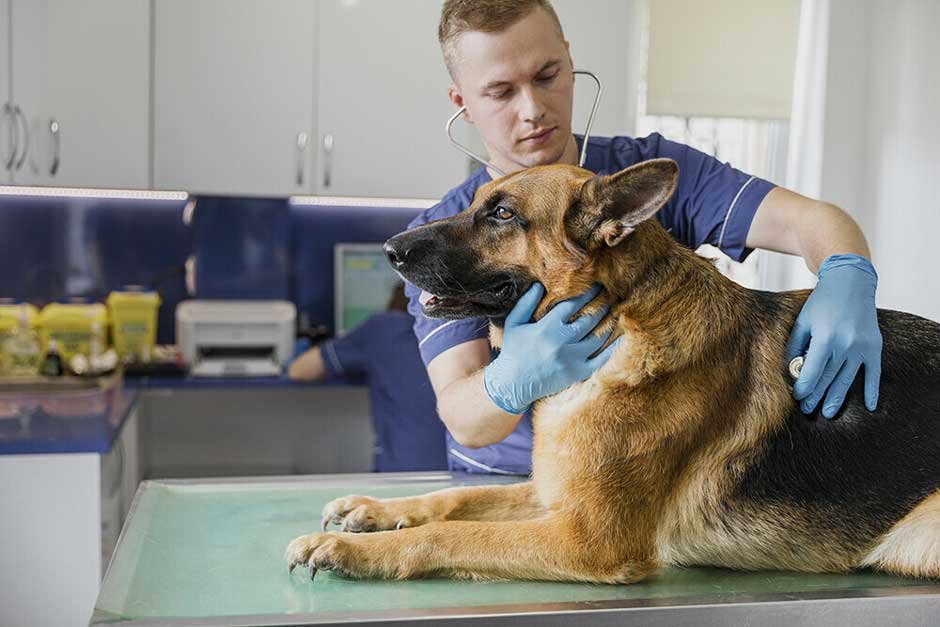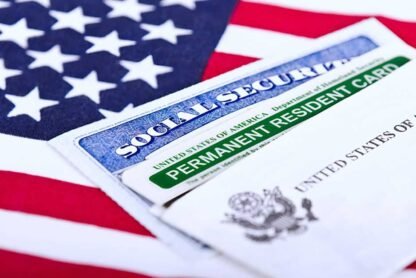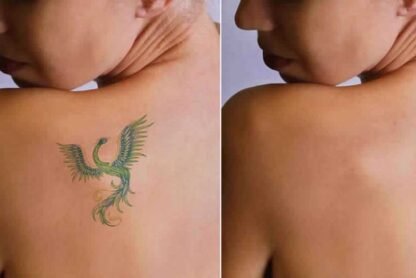Being able to perform our duties is one of our most valuable assets as veterinarians. When you become too sick or hurt to earn a living from your profession, you need to have a way to pay your bills and provide for yourself and your family. Disability insurance for veterinarians steps in to protect your income. Here are some important things to know about disability insurance for practicing veterinarians:
What Is Disability Insurance For Veterinarians?
Disability insurance for practicing veterinarians is a policy meant to compensate your lost earnings if you can no longer work due to injury or sickness. The policy pays monthly benefits to cover all your expenses. They include student loan payments, monthly bills, and other living costs. If you are a private practice vet, your disability insurance policy can help your business run expenses until you recover.
Why Do Veterinarians Need Disability Insurance?
Along with being licensed, having a building for your business, and a good customer base, you need to provide for yourself as a veterinarian. Besides health and home insurance, you’ll want a way to be protected if something happens. Veterinary doctors need disability insurance for these three reasons:
High Cost of Veterinary Education
Your schooling costs for a veterinary program can be high, which can strain your budget. You will need to keep paying your student loans even after an incident that results in an injury or illness. Disability insurance for veterinarians helps you continue paying your student loans.
High Earning Potential
Depending on where you work, you may be earning more than a typical college graduate. Finding a job outside the veterinary field that pays close to what you make as a vet can be difficult. You can continue having income by topping up your disability insurance for veterinarians.
Increased Risk of Disability before Retirement
The Social Security Administration indicates a 25% likelihood of young professionals getting disabled before retirement. If you are the breadwinner and suffer an injury or a serious ailment while working as a vet, your family’s financial situation may change drastically. Disability insurance may help maintain your financial stability during these times.
What Does Disability Insurance for Veterinarians Entail?
The basic disability insurance for veterinarians often covers 40%–70% of the total salary for a specified time. Short-term disability insurance provides coverage immediately following a disability-causing accident, typically lasting 9 to 52 weeks. After this period expires, long-term claim payment takes effect. It can provide coverage for five, ten, or up to 65 years, as the policy specifies.
What your long-term disability policy would cover depends on a few features, some of which you may add based on your occupational risks. Here are some features to consider:
Own Occupation Policy
Your disability insurance policy should provide “own occupation” coverage when you can no longer work as a vet due to injury or sickness. Your occupation will pay you a monthly benefit if you cannot practice as a veterinarian, even if you can work in another field.
Future Purchase Option
Choose a policy with a future purchase option if you’re still in vet school or just starting your practice. You can use this option to purchase more coverage later without additional underwriting. In this way, you can get a larger benefit when your salary rises.
Residual Disability Option
Illness and injury restrict what you can do or the number of animals you can treat. These restrictions may lower your income. With the residual disability option, you can make up any income shortfall between your income before and after disability. The compensation you receive may depend on your diminished earning capacity.
Business Overhead Coverage
You need business overhead expense (BOE) insurance for your veterinary business. The business overhead expense (BOE) insurance will help pay your monthly business expenses if an illness or accident affects your capacity to work. If you purchase a BOE that is packaged with your personal disability policy, the maximum payout may be equivalent to a predetermined multiple of the benefits on your insurance.
How To Choose Disability Insurance for Practicing Veterinarians
Research various options and benefits to find disability insurance for practicing veterinarians that meets your needs. Understand the distinctions between each plan by learning the benefits each plan offers, the process of filing a claim, and compensation procedures. You can also seek professional help to make a more informed choice.









